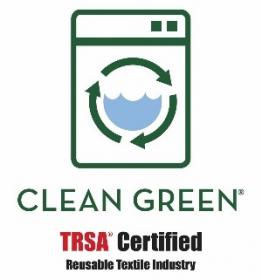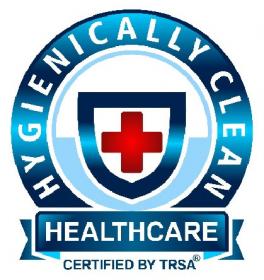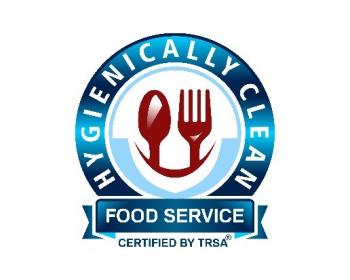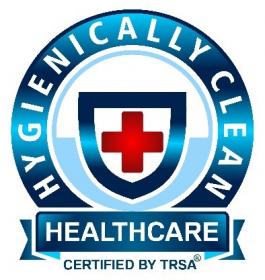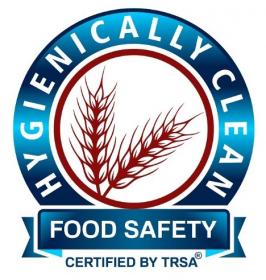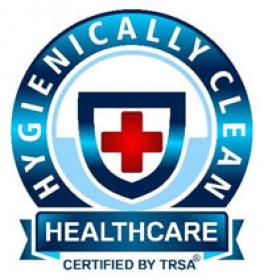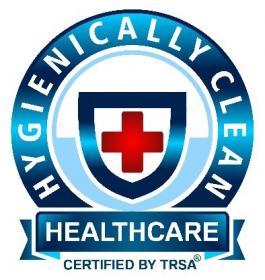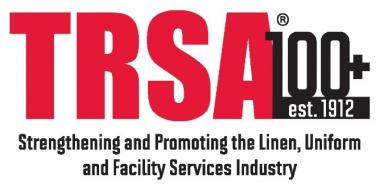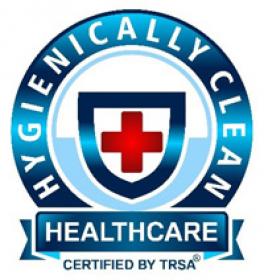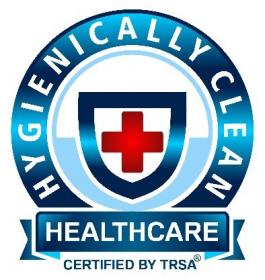Linen, Uniform and Facility Services Customers Credited for Environmental Friendliness
- Clean Green Certified Companies Commemorate Earth Day 2018
U.S. Clean Green certified laundries are marking Earth Day 2018 (April 22) by commending the 250,000+ businesses across the nation that use such certified operations for linen, uniform and facility services.
Selecting a Clean Green certified company reflects concern for maximizing sustainability in a business supply chain. Private- and public-sector organizations who choose such a provider are learning that how their reusable textiles are supplied, laundered and maintained is a factor in their environmental impact.
Clean Green operations use a third party (TRSA) to verify their conservation practices and quantify their compliance with water and energy use thresholds.
Laundered, reusable linens, uniforms, towels, mats and other products provided by the linen, uniform and facility services industry to enhance businesses’ image and provide clean, safe environments for their employees and patrons. Most Americans benefit from the industry at least once per week, either at work or by patronizing restaurants, healthcare facilities, hotels and other retail and service establishments.
Nearly 50 of the industry’s companies are Clean Green certified, serving business customers from more than 150 locations combined nationwide. These launderers work with customers to connect the certification to their efforts to minimize their carbon footprint. Certified operators report to TRSA that customers and prospects ask them about green laundry initiatives. These include environmentally friendly wash chemistry, water reuse and recycling, recapturing heat from hot water headed down the drain and operating efficient delivery routes.
“They are far more likely to inquire about the sum of environmentally friendly practices as opposed to the parts,” observes TRSA President and CEO Joseph Ricci of the industry’s customers. Many document their justification of purchase decisions, though, such as government agencies that profile the winners of contract bids. “Clean Green companies bidding for their work mention the certification in their sales promotion and these profiles reflect it.”
Linen and uniform services conserve water and energy best by using high-capacity, high-efficiency equipment, he pointed out, controlling expenses and thereby aiding efforts to keep service pricing under control. “It is the perfect sustainable business model. Business interests and environmental concerns align. Improving efficiencies reduces costs and reduces the impact on the environment,” Ricci says.
Based on the U.S. Census of the industry’s sales and a TRSA survey of member financial data, the association estimates that nearly 3 million businesses use the industry’s services. Clean Green companies are challenged to capture more of these industry customers. Their collective Earth Day 2018 campaign gives them an opportunity to highlight the extent to which their individual efficiencies have contributed to a nationwide movement. Publicizing their own gains around Earth Day can better qualify and quantify their environmental virtues to encourage detailed comparison with competitors’ efficiencies, Ricci noted.
TRSA Clean Green Earth Day linen, uniform and facility services Clean Green certified
TRSA®


